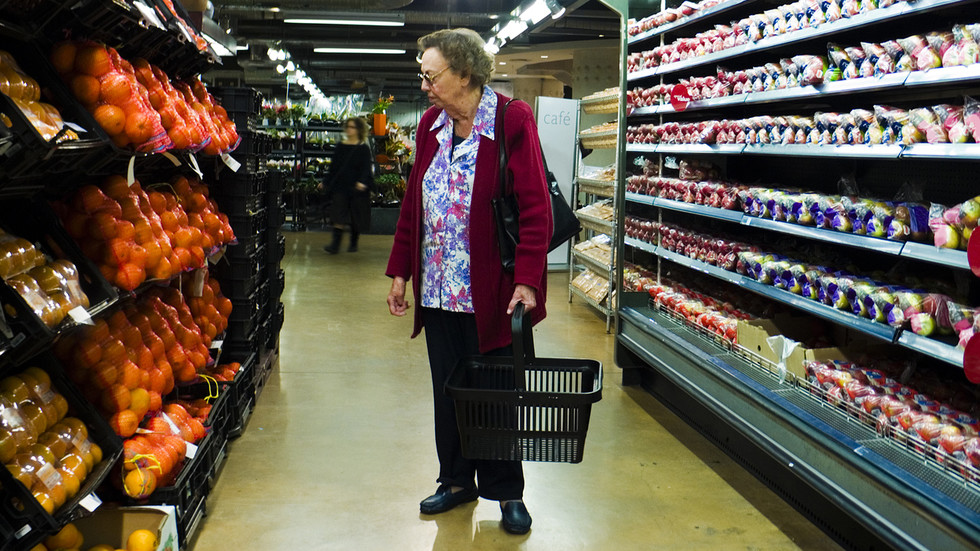
Stores and suppliers will reportedly continue passing rising costs on to consumers
© Getty Images / RapidEye
Shoppers around the world will have to pay even more for groceries this year than they did in 2022, Reuters reported on Wednesday, citing retailers, consumer goods firms and investors.
The report indicated that tough price negotiations have been unfolding between retailers and consumer goods producers for more than a year now, “with friction beginning in 2021 over Covid-related supply chain logjams.”
The situation worsened in 2022 as the skyrocketing prices of basic foodstuffs have exacerbated a cost-of-living crisis in the EU and the UK.
Data by research firm Kantar shows that Britons paid a record 16.7% more for food in the four weeks up to January 22 this year, compared to the same period last year. Meanwhile, the US food index, which includes meals eaten at home and in cafes and restaurants, jumped 10.4% for the year ending in December.
Food giant Nestle’s CEO Mark Schneider told media outlets last week that the company would have to hike the prices of its food products further this year to offset higher production costs that it has yet to fully pass on to consumers.
Another leading manufacturer of consumer goods, Unilever, is also expected to increase prices for some products in 2023.
“The last time we heard from Unilever, it was made clear that they prefer to sell fewer products at higher prices, to keep prices below peers and gain market share,” said portfolio manager at Waverton Investment Management Tineke Frikkee.
The world’s biggest retailer, Walmart, warned in December that some “packaged goods suppliers are still pointing us towards more inflation next year on top of the mid-double digits this year.”
According to Bernstein analyst Bruno Monteyne, consumer goods manufacturers will continue to raise prices until they recover their profitability.
“The only thing that can stop this is … consumers starting to trade down to private-label products at a more rapid pace … (and) if commodities keep declining, then there may be no need for more price increases,” he explained to Reuters.
For more stories on economy & finance visit RT’s business section




